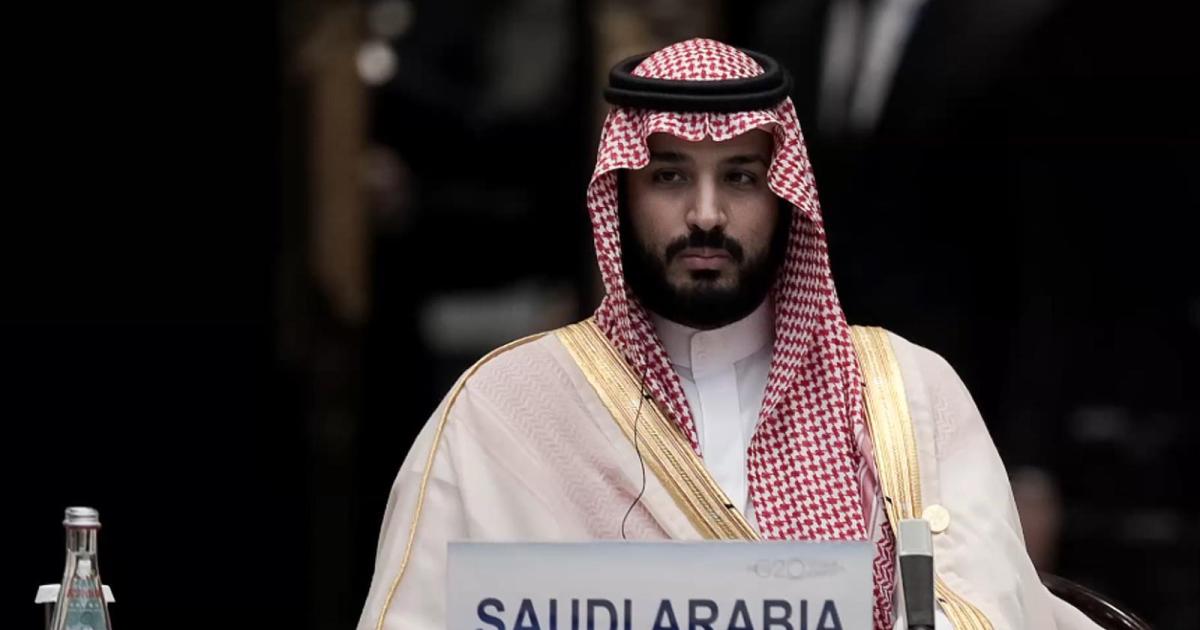From introducing amendments to textbooks to introducing history, Saudi Arabia is pushing through the portal of closeness to Judaism for another kind of normalization with Israel in light of its adherence to postponing the establishment of official relations with Israel.
Saudi Arabia said earlier that it would not follow its allies Bahrain and the UAE in establishing relations with Israel without a solution to the Palestinian issue, even as it works to promote a secret rapprochement with it.
Israel is aware that Saudi Arabia, the land of the Two Holy Mosques and the Land of Revelation, agreed to conclude a similar agreement, which will be its biggest diplomatic achievement, but the Kingdom realizes that its citizens sympathetic to the Palestinian cause are not yet ready for comprehensive relations with Israel.
However, it is pushing to change public perceptions of Jews in a society that in the past received negative signals in this regard from the official media and channels, which may pave the way for normalization at a later time.
Officials in Saudi Arabia said that textbooks that labeled adherents of other religions controversial are being reviewed as part of Crown Prince Mohammed bin Salman's campaign to combat "extremism" in education.
Saudi analyst Najah Al-Otaibi stated, "The Saudi government has also decided to prevent insulting Jews and Christians in mosques."
She added that "anti-Jewish speech was common in Friday prayers by imams."
In a surprising change, the preacher of the Grand Mosque of Mecca, Abd al-Rahman al-Sudais, sparked a debate on social media earlier this month when he spoke about the friendly relations of the Holy Prophet Muhammad - may God bless him and grant him peace - with the Jews, and he had sparked controversy in the past due to opinions considered "hostile." Anti-Semites. "
The question arises: when? And not whether
, last January, the head of the Muslim World League, Muhammad al-Issa, won an Israeli praise, after he visited Poland to attend a celebration commemorating the liberation of Auschwitz.
The kingdom also sought bold contact with Jewish personalities through remarkable meetings, one of which took place in February when Saudi King Salman bin Abdulaziz hosted Jerusalem-based Rabbi David Rosen, for the first time in modern history.
And earlier this year, Saudi Arabia announced that a film about the Holocaust would be shown for the first time at a film festival, before the festival was canceled due to the emerging coronavirus pandemic.
Mark Schneier, an American rabbi with close ties to some Gulf rulers, said, "When it comes to Saudi Arabia and Israel establishing relations, the question is when, not whether or not."
He believed that "part of the path that all Gulf states are following along the path of normalization is to push relations between Muslims and Jews forward, and then move more boldly to discussing relations between Israel and the Gulf."
A
new approach
On the weekend, the Saudi newspaper, Arab News, briefly posted on its Twitter and Facebook accounts a greeting in Hebrew on the occasion of the Jewish New Year.
The newspaper recently published a long series about the Jews of Lebanon, and is planning a similar coverage on the old Jewish community that lived in Saudi Arabia.
The newspaper’s editor-in-chief, Faisal Abbas, told AFP that the coverage was "not related to Israel," but rather aimed at communicating with "Arab Jews around the world."
Coverage represents a new approach to censored media in the Kingdom.
In the past, the Saudi media described Israel as "the Zionist enemy," but has recently praised the agreements concluded with the UAE and Bahrain.
Leadership supports and public opinion rejects.
Observers say that these moves indicate that the Kingdom is not opposed to normalization with Israel, after it has firmly supported the Palestinians politically and financially for decades, but the popular view may not be ready to go this way.
A rare Saudi public opinion poll published last month by the Washington Institute for Near East Policy indicated that the vast majority of Saudi citizens do not support a normalization agreement.
In spite of the Saudi media's attempt to get closer to the Israelis and the Jews, "only 9% of Saudis" support the decision of people who want to communicate commercially or sportively with the Israelis.
Badr - a young Saudi man in Riyadh - said, "What peace? Peace after everything I did (Israel), killing and war?", Adding, "It is difficult for that to happen and I will not support him."

